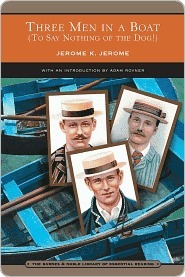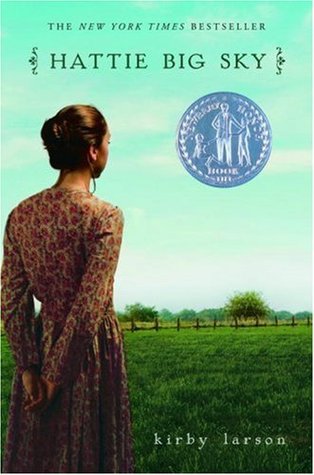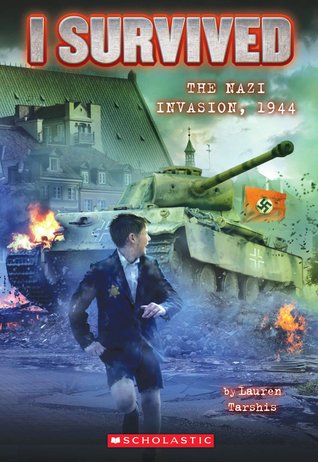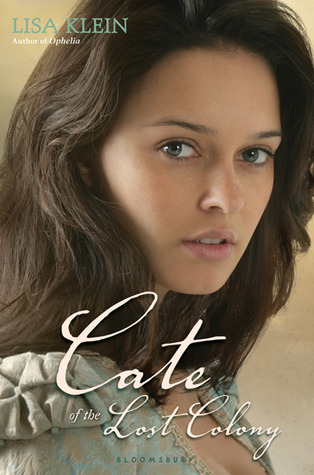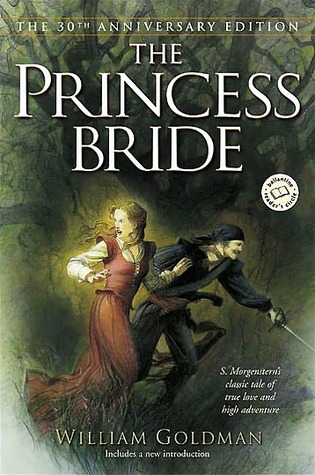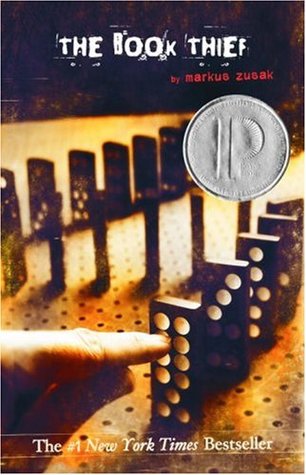
Venetia. Georgette Heyer. 1958/2009. Harlequin. 368 pages. [Source: Gift]
First sentence: "A fox got in amongst the hens last night, and ravished our best layer,"
remarked Miss Lanyon. "A great-grandmother, too! You'd think he would
be ashamed!" Receiving no answer, she continued in an altered voice:
"Indeed, you would! It is a great deal too bad. What is to be done?"
Premise/plot: Venetia is a woman (25) living with her younger brother, Aubrey (17),
and being courted by two equally unsatisfying gentlemen of the
neighborhood, Edward Yardley and Oswald Denny. The Lanyon siblings do
have an older brother, Conway. But he is in the army, and he hasn't been
at Undershaw in years. Venetia and Aubrey do not miss him at all. Life
is fairly routine for the two. Until. Lord Damerel ("The Wicked Baron")
returns to his estate.
The two meet when she is trespassing on
his land. He has no idea who she is. But she has a fairly good idea who
he is. Especially after he kisses her! Yes, he
kisses her.
"Who are you?" he demanded abruptly. "I took you for a village maiden--probably one of my tenants."
"Did
you indeed? Well, if that is the way you mean to conduct yourself
amongst the village maidens you won't win much liking here!"
"No, no,
the danger is that I might win too much!" he retorted. "Who are you? Or
should I first present myself to you? I'm Damerel, you know."
"Yes, so I supposed, at the outset of our delightful acquaintance. Later, of course, I was sure of it."
"Oh,
oh--! My reputation, Iago, my reputation!" he exclaimed laughing again.
"Fair Fatality, you are the most unusual female I have encountered in
all my thirty-eight years!"
"You can't think how deeply flattered I
am!" she assured him. "I daresay my head would be quite turned if I
didn't suspect that amongst so many a dozen or so may have slipped from
your memory."
"More like a hundred! Am I never to learn your name? I shall, you know, whether you tell me or no!" (33)
He
intends to know her better while he's in the neighborhood. Venetia
doesn't need a Lady Denny to tell her that would be unwise. But. When
her brother, Aubrey, has a riding accident and is saved by none other
than Damerel...well, she can't help getting to know him much, much
better. And soon they become great friends. Of course, it's a friendship
with always a hint of something more...
Lord Damerel isn't the
only newcomer to the neighborhood. Soon Venetia and Aubrey welcome TWO
very unexpected house guests. Conway has gotten married--her name is
Charlotte. And Charlotte and her mother have come to stay at Undershaw.
And the mother is quite the character. How long can Venetia stand to
share a home with such a woman? Venetia begins to think about her
options...and wishing it was more socially acceptable for her to set up
her own home.
My thoughts: I love, love, LOVE Venetia. It is without a doubt my favorite Georgette Heyer novel--at least until I read my next. There are a handful that I do love and adore. But I can never quite forget how magical Venetia is. I love all the characters in this one--the major characters (Lord Damerel, Venetia), the minor characters (Aubrey, Edward Yardley, Oswald Denny, Charlotte, Mrs. Scorrier, etc.) I love the dialogue. I love the story. Venetia IS not your typical heroine--is not Heyer's typical heroine. Lord Damerel may be a somewhat typical rake in the romance genre BUT Venetia keeps him on his toes. They are well paired, well matched.
He laughed out at that, flinging back his head in wholehearted enjoyment, gasping, "why, oh why did I never know you until now?"
"It does seem a pity," she agreed. "I have been thinking so myself, for I always wished for a friend to laugh with."
"To laugh with!" he repeated slowly.
"Perhaps you have friends already who laugh when you do," she said
diffidently. "I haven't, and it's important, I think--more important
than sympathy in affliction, which you might easily find in someone you
positively disliked."
"But to share a sense of the ridiculous prohibits dislike--yes, that's
true. And rare! My God, how rare! Do they stare at you, our worthy
neighbors, when you laugh?"
"Yes! Or ask me what I mean when I'm joking!" She glanced at the clock above the empty fireplace. "I must go." (64)
"Oh, no, nothing of that nature!" she replied, getting up.
"I allow you all the vices you choose to claim--indeed, I know you for a
gamester, and a shocking rake, and a man of sadly unsteady
character!--but I'm not so green that I don't recognize in you one
virtue at least, and one quality."
"What is that all? How disappointing! What are they?"
"A well-informed mind, and a great deal of kindness," she said, laying
her hand on his arm, and beginning to stroll with him back to the house.
(99)
© 2019 Becky Laney of
Becky's Book Reviews






